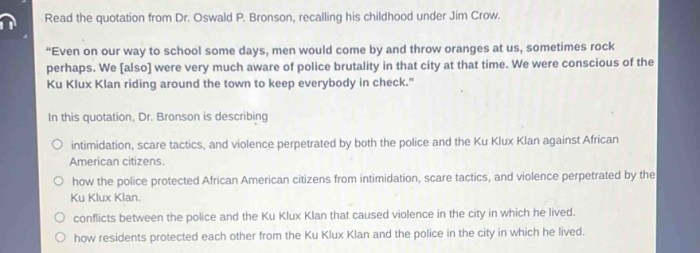Embark on a literary odyssey with song of solomon quotes toni morrison, where the words of Toni Morrison resonate with wisdom and emotional depth. Her evocative prose and profound insights captivate readers, leaving an enduring mark on their hearts and minds.
Toni Morrison’s Song of Solomon is a masterpiece of American literature, exploring themes of identity, family, and the search for self. Through the lens of her unforgettable characters, she weaves a narrative that is both deeply personal and universally resonant.
Themes
Toni Morrison’s “Song of Solomon” explores a multitude of profound themes that contribute to its enduring significance and literary acclaim. These themes delve into the complexities of identity, the search for self, the power of history, and the resilience of the human spirit.
One of the novel’s central themes is the exploration of identity. The protagonist, Macon “Milkman” Dead III, embarks on a journey to uncover his family’s history and, in doing so, grapples with his own sense of self. Through his interactions with various characters, he confronts questions of lineage, heritage, and the fluidity of identity.
The Search for Self
Closely intertwined with the theme of identity is the novel’s exploration of the search for self. Milkman’s quest to discover his family’s past becomes a metaphor for his own personal growth and self-discovery. Through his experiences, he learns the importance of embracing both his strengths and weaknesses, and ultimately finds a sense of belonging and purpose.
The Power of History
Morrison also delves into the theme of the power of history. “Song of Solomon” examines the profound impact of slavery and its legacy on the lives of African Americans. The novel explores how the past shapes the present and how individuals and communities grapple with the weight of historical trauma.
The Resilience of the Human Spirit
Despite the novel’s exploration of challenging themes, it also celebrates the resilience of the human spirit. The characters in “Song of Solomon” face adversity and hardship, yet they find the strength to persevere and rebuild their lives. Morrison highlights the indomitable nature of the human spirit and its capacity for hope and renewal.
Characters
Toni Morrison’s “Song of Solomon” features a diverse cast of characters whose lives intertwine in complex ways. Each character possesses unique motivations and relationships that drive the narrative forward and contribute to the novel’s rich exploration of themes such as identity, family, and the search for self.
Main Characters
| Name | Description | Motivations | Relationships |
|---|---|---|---|
| Macon “Milkman” Dead III | The protagonist of the novel, a young man searching for his identity and place in the world. | Driven by a desire to discover his family history and understand his own heritage. | Son of Macon Dead II and Ruth Foster, brother of Pilate Dead, nephew of Hagar. |
| Pilate Dead | Milkman’s aunt, a strong and independent woman who possesses supernatural abilities. | Motivated by a desire to protect her family and community. | Sister of Macon Dead II, aunt of Milkman. |
| Macon “Milkman” Dead II | Milkman’s father, a wealthy and successful businessman. | Driven by a desire for wealth and power. | Husband of Ruth Foster, father of Milkman and Pilate. |
| Ruth Foster Dead | Milkman’s mother, a beautiful and intelligent woman. | Motivated by a desire for love and acceptance. | Wife of Macon Dead II, mother of Milkman. |
| Guitar | Milkman’s best friend, a talented musician and singer. | Driven by a desire for freedom and self-expression. | Close friend of Milkman. |
Character Development and Evolution, Song of solomon quotes toni morrison
Throughout the novel, the characters undergo significant development and evolution. Milkman’s journey of self-discovery leads him to confront his family’s past and embrace his own identity. Pilate’s strength and resilience are tested as she faces adversity and loss. Macon Dead II’s obsession with wealth and power ultimately consumes him, leading to his downfall.
Ruth Foster’s desire for love and acceptance drives her to make difficult choices that impact her family. Guitar’s pursuit of freedom and self-expression culminates in a tragic end.
Symbolism
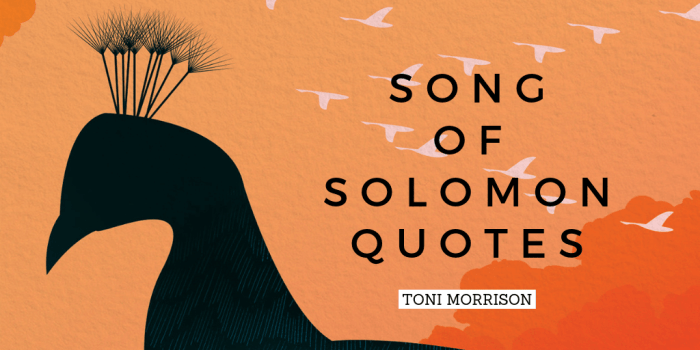
In “Song of Solomon,” Toni Morrison employs a rich tapestry of symbols to convey profound themes and illuminate character development. These symbols serve as multifaceted lenses through which readers can delve deeper into the novel’s exploration of identity, family, and the search for self-discovery.
One of the most prominent symbols in the novel is the flying African, a mythical figure who represents the yearning for freedom and the search for ancestral roots. This symbol appears in various forms throughout the novel, from the stories told by Pilate to the dreams of Macon “Milkman” Dead III.
The flying African embodies the indomitable spirit of those who have endured slavery and oppression, and serves as a reminder of the resilience and determination of the African American community.
Milkman’s Golden Tooth
Milkman’s golden tooth is another significant symbol in the novel. It represents his connection to his family’s past and the wealth that has been accumulated over generations. However, the tooth also symbolizes the superficiality of material possessions and the emptiness that can come with pursuing wealth at the expense of true values.
The Milk Bottle
The milk bottle that Pilate gives to Milkman is a symbol of sustenance and nourishment. It represents the nurturing and protective nature of the community, particularly the role of women in providing for and supporting their families. The milk bottle also symbolizes the continuity of life and the passing down of traditions from one generation to the next.
Setting
Toni Morrison’s “Song of Solomon” unfolds across a rich tapestry of settings, each contributing significantly to the characters’ experiences, the plot’s development, and the novel’s overall themes.
The novel’s primary setting is the fictional town of Shalimar, Virginia, a microcosm of the larger African American community in the post-Reconstruction era. Shalimar’s dilapidated houses, poverty-stricken streets, and oppressive atmosphere reflect the challenges and resilience of its inhabitants.
The South
The South, particularly the rural areas of Virginia, serves as a pivotal setting in “Song of Solomon.” It represents the legacy of slavery, racial oppression, and the struggle for identity that African Americans faced during the novel’s time period. Characters like Macon “Milkman” Dead III grapple with the weight of history and the complexities of their Southern heritage.
The South’s lush landscapes and natural beauty contrast sharply with its harsh social realities, highlighting the duality of the region’s history and its impact on its people.
The North
The North, represented by cities like Detroit and New York, offers a different experience for the novel’s characters. It symbolizes opportunity, economic mobility, and a sense of liberation from the South’s oppressive past. However, the North also presents its own challenges, such as racial discrimination and the loss of cultural identity.
Characters like Pilate and Guitar explore the complexities of life in the North, navigating both its promises and its pitfalls.
The Supernatural
The novel incorporates elements of the supernatural, which manifest in various settings. The forests and fields around Shalimar become sites of mystical encounters, where characters experience visions, communicate with spirits, and encounter mythical creatures.
These supernatural elements blur the lines between reality and imagination, reflecting the novel’s exploration of the subconscious, the power of memory, and the resilience of the human spirit.
Narrative Structure
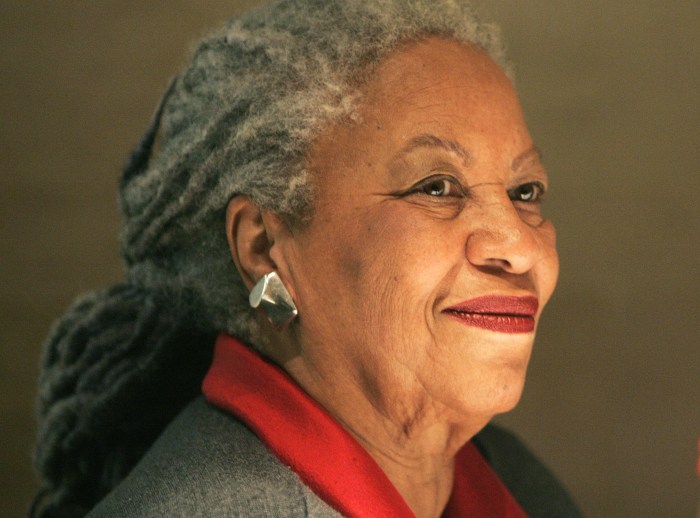
The narrative structure of “Song of Solomon” is a complex and intricately woven tapestry that enhances the reader’s experience by immersing them in a non-linear exploration of the past, present, and future. Toni Morrison employs a range of narrative techniques, including flashbacks, foreshadowing, and stream of consciousness, to create a multidimensional and engaging storytelling experience.
Flashbacks
Morrison skillfully uses flashbacks to provide glimpses into the past experiences of the characters, particularly those of Milkman Dead. These flashbacks illuminate the motivations, relationships, and traumas that have shaped the characters’ present. Through these flashbacks, the reader gains a deeper understanding of the characters’ identities, struggles, and the forces that have influenced their lives.
Foreshadowing
Morrison employs foreshadowing throughout the novel to create a sense of anticipation and intrigue. Subtle hints and foreshadowing events are woven into the narrative, hinting at future developments and outcomes. This technique keeps the reader engaged and invested in the story, as they attempt to unravel the mysteries and anticipate the upcoming events.
Stream of Consciousness
Morrison incorporates stream of consciousness into the narrative to delve into the inner thoughts and emotions of the characters. This technique allows the reader to directly access the characters’ minds, experiencing their unfiltered thoughts, memories, and reflections. Through stream of consciousness, Morrison provides a profound insight into the characters’ psychological states and the complexities of their inner worlds.
Language and Style: Song Of Solomon Quotes Toni Morrison
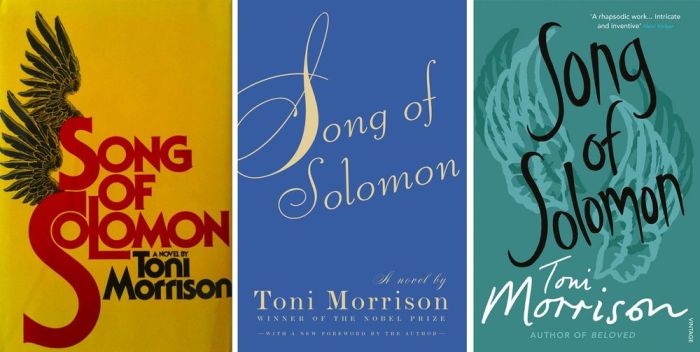
Toni Morrison’s writing in “Song of Solomon” is characterized by its unique language and style, which contribute significantly to the novel’s themes and atmosphere.
Morrison employs vivid imagery and sensory details to create a rich and immersive experience for the reader. She uses metaphors, similes, and personification to evoke powerful emotions and paint a vivid picture of the characters and their surroundings.
Imagery and Symbolism
Morrison’s use of imagery and symbolism is particularly notable. She often uses natural elements, such as water, fire, and trees, to represent abstract concepts and emotions. For example, water is often associated with purification and renewal, while fire represents both destruction and passion.
- The image of the “milkman” is a recurring symbol of nourishment and sustenance.
- The “flying Africans” represent the desire for freedom and escape from oppression.
- The “Song of Solomon” itself is a symbol of the power of storytelling and the importance of preserving one’s history.
Language and Dialect
Morrison also uses language and dialect to create a distinct sense of place and to capture the unique voices of her characters. She incorporates African American Vernacular English (AAVE) and other dialects into her writing, reflecting the rich linguistic diversity of the novel’s setting.
By employing these literary devices, Morrison creates a distinctive and memorable style that enhances the novel’s emotional impact and thematic depth.
Cultural Context
Toni Morrison’s “Song of Solomon” is deeply rooted in the cultural context of African-American history, folklore, and music. These elements permeate the novel’s themes and characters, providing a rich tapestry that explores the complexities of black identity and experience in the United States.
African-American history serves as a backdrop for the novel, with its characters navigating the challenges and triumphs of a people grappling with slavery, racism, and discrimination. The novel traces the lineage of the Macon family through generations, highlighting the enduring legacy of oppression and the resilience of the human spirit.
African-American Folklore
Morrison draws heavily upon African-American folklore and mythology, imbuing her characters and events with a sense of the mystical and the supernatural. The novel is populated by characters who possess extraordinary abilities, such as Pilate, who is believed to have the power to fly, and Milkman, who can hear the voices of his ancestors.
These elements reflect the rich tradition of oral storytelling within African-American culture, where stories of the supernatural and the extraordinary serve to empower and inspire.
African-American Music
Music plays a vital role in “Song of Solomon,” serving as a unifying force that connects characters and communities. The novel is filled with references to blues, jazz, and gospel music, each of which reflects the emotional and spiritual experiences of the characters.
The music provides a means of expression, healing, and celebration, showcasing the transformative power of art within African-American culture.
Critical Reception
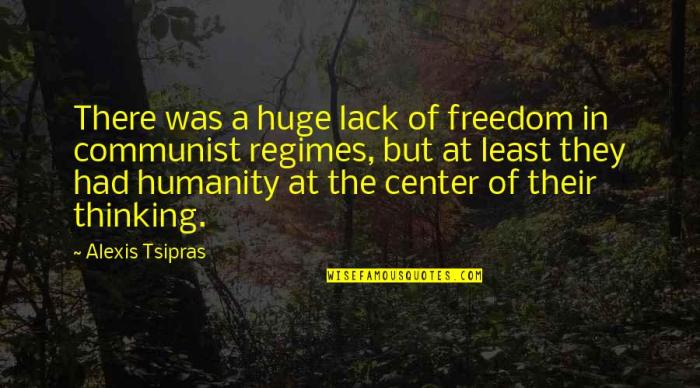
Toni Morrison’s “Song of Solomon” received widespread critical acclaim upon its release in 1977. Critics praised its lyrical prose, complex characters, and exploration of themes related to race, identity, and the search for self. The novel won the National Book Critics Circle Award and the Pulitzer Prize for Fiction, solidifying Morrison’s status as a major literary figure.
In the years since its publication, “Song of Solomon” has continued to be celebrated as a masterpiece of American literature. Critics have lauded its innovative use of language, its exploration of African American history and culture, and its enduring relevance to contemporary readers.
Novel’s Impact on Literary Criticism
“Song of Solomon” has had a significant impact on literary criticism. It has been the subject of numerous scholarly essays and books, and it has helped to shape critical approaches to African American literature and feminist literature.
- African American Literature:“Song of Solomon” has been instrumental in challenging traditional notions of African American identity and experience. Critics have praised the novel for its complex portrayal of black characters and its exploration of the ways in which race and history shape individual lives.
- Feminist Literature:“Song of Solomon” has also been lauded for its feminist themes. Critics have noted the novel’s strong female characters and its exploration of issues such as gender roles, sexual violence, and the search for female identity.
User Queries
What is the significance of the flying motif in Song of Solomon?
The flying motif symbolizes freedom, escape, and the pursuit of dreams. It represents the characters’ longing to transcend their limitations and soar to new heights.
How does Toni Morrison explore the theme of identity in Song of Solomon?
Morrison delves into the complexities of identity through the experiences of her characters, examining the ways in which race, family, and personal history shape their sense of self.
What is the role of symbolism in Song of Solomon?
Morrison employs a rich array of symbols throughout the novel, such as the milkman, the Seven Days, and the flying Africans. These symbols add depth and resonance to the narrative, enhancing its thematic exploration.
